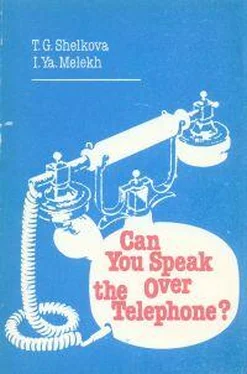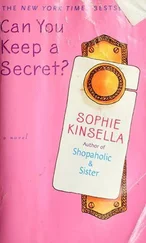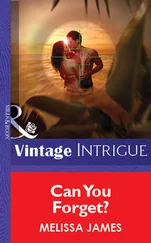a dead loss: someone or something completely useless
scrabbling: combines the notions of crawling in and scratching about in (копаться, рыться)
popping into: going into. The implication is that it would only be for a short time. “Pop in” is also used of an informal visit, e. g. “If you happen to be passing just pop in and see me, please”.
I know just how it is: a phrase used to express concern and sympathetic understanding
mum and dad: the speaker’s way of referrring to herself and her husband
keep half an eye on: pay some attention to
too good to be true: a fixed phrase (так хорошо, что и не верится; невероятно)
allowing for: taking into account
a lot to offer: a fixed phrase often used for referring to something which has a number of desirable features
I tell you what: a colloquial way of introducing a suggestion
from over the road: the equivalent in less idiomatic English would be “who live on the other side of the road”
pop around: pop into
what with the children and the holiday traffic: the sense here is that “because of the children and the holiday traffic” the length of the drive will be a problem. This use of “what with” to mean something like “because of, in view of is quite common in conversational English; e.g. “What with doing the housework and the shopping, I never have a moment to spare”.
rattling on: colloquial for “chattering”
around: at home; “around the house” meaning “in the house”
only too glad: an expressive way of saying “glad”
Peatley two-seven-one: although more and more telephone exchanges in Britain are being converted to all-figure numbers, some are still identified by a name
How’s things: a colloquial variant of “How are you”
Croydon: a suburb of London
put me in with a chance: given me a chance
short-listed: placed on the “short list” of people who are selected from all the other applicants and given an interview.
for goodness sake: a mild exclamation often used to express varying degrees of exasperation
on the receiving end: in the position of receiving something
in the hot seat: a colloquial metaphor used of any uncomfortable situation
I shouldn’t worry too much about it if I were you: this sentence, or something very much like it, is used so often in these circumstances that it amounts almost to a fixed phrase
with your qualifications: the sense is that there are unlikely to be many applicants “with such good qualifications”, rather than “with the same qualifications”
we’ll see: we’ll see eventually what happens. Often used as a way of expressing doubt about the
loaded: loaded with money — a colloquialism
I don’t know about: a standard phrase for expressing doubt about whatever it introduces
scope: opportunity
old Billings: a common informal way of referring to people, especially men. The adjective “old” does not necessarily carry its normal sense, and it’s use in this way often implies a measure of affection.
do anyone a bad turn: harm anyone
a stick-in-the-mud: someone lacking in enterprise and averse to change. It is a classic instance of the kind of English “idiom” which used, to be collected in phrase books; and it sounds rather odd and a little old-fashioned as so many phrase-book idioms do, probably because they are not used very much nowadays. The most famous of all is perhaps “It’s raining cats and dogs” which no Englishman would ever be likely to say any longer unless he was trying to be funny.
move with the times: keep pace with current thinking. Another idiom that to some people might sound a little old-fashioned.
Too true: an emphatic way of agreeing’
have a bash: have a try’
Good for you: a common way of expressing approval of someone’s action
fed: gave
guff: a colloquialism for “information”, often used with the implication of irrelevance
lay it on too thick: exaggerate
go off: take a disliking to
cake walk it: the sense here is “get the job easily”. A “cake walk” is a simple undertaking.
keep my fingers crossed: the reference is to the traditional belief that crossing one’s fingers is a way of guarding against bad luck
a bit of a bind: a nuisance
the moors: вересковая пустошь, охотничье угодье (there are a great deal of open moorland in Yorkshire within easy reach of the large towns, and Sunday mornings walks there are popular)
steady on: a means of asking someone to be slower or more cautious in their behaviour or statements
pop out: go out
the Home Counties: the counties adjacent to London
turn in: go to bed
within reason: not beyond one’s possibilities
to be up to somethingusually implies something not altogether permissible, or at least surreptitious. “What have you been up to this time?” implies something likely to involve punishment. So the phrase is used jocularly, from one friend to another, implying that he or she must have been doing something out of the ordinary or at least interesting.
I’m afraidimplies no fear, only regret that she has nothing more interesting to tell.
Читать дальше












